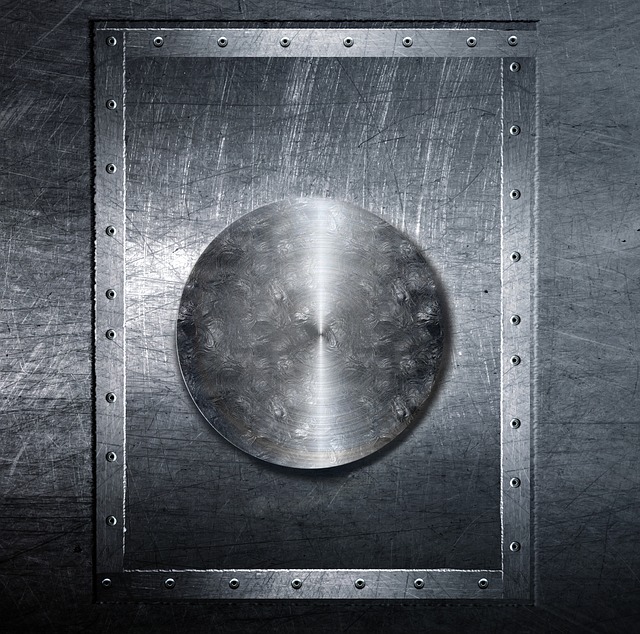If you’re new to being a train conductor, taking care of a train might be intimidating at first. With all the different parts, tools, techniques, and materials available on the market, it’s hard to know where to start. Here are some tips that might get you on track.
Cleaning
Cleaning a train regularly is key to ensuring that it stays in good shape. The wheels and rails of a train are at the most risk for dirt and grime, so it’s important to clean those areas with a wet rag or sponge. You should also use this technique on the inner parts of the train.
When you’re cleaning the inside of a train, avoid using ammonia or bleach because these chemicals can damage the paint job. Instead, use a natural cleaner like white vinegar or baking soda. It’s also important to regularly wipe down all the train’s surfaces with disinfectant wipes to kill germs and prevent illness. If you have any spills, clean them up as soon as possible before they dry and leave stains behind.
Decals
Decals are used to identify the train with its train number, company or owner, and railroad. Choosing the right decal can make all the difference for a train. You should apply decals to the side of a car and not on the roof since roof decals can get dirty and be harder to read. The decals should also be placed in an area that won’t obstruct any loading or unloading of freight cars.
Engine
You should always monitor the engine’s performance. Gauges are used to measure the pressure of fuel, oil, and water levels. Yard air can help you air test the cars. You should also make sure that the train’s air filter is clean so it can perform as well as possible.
Replacements
In order to maintain a train’s life expectancy, you’ll need to replace certain parts of your train periodically. For example, you might have to get new cogs if they start grinding too loudly, or railings if they become loose or cracked. Be sure to inspect these components periodically and replace them when necessary so that they don’t cause derailments.
When it comes to caring for trains, you have to be willing to put in a bit of hard work. Maintenance can be time-consuming and tedious, but the benefits are worth it in the end. With the right dedication and know-how, you should have a smoother career.



